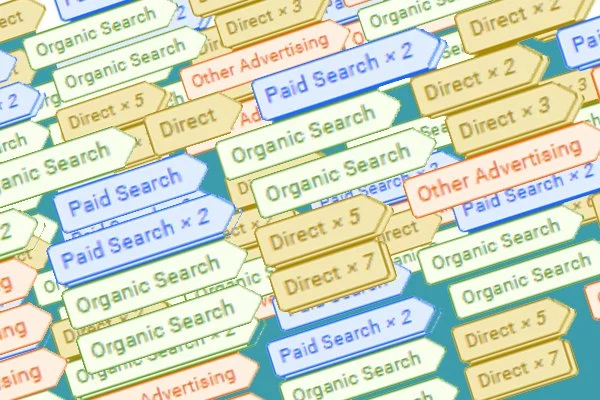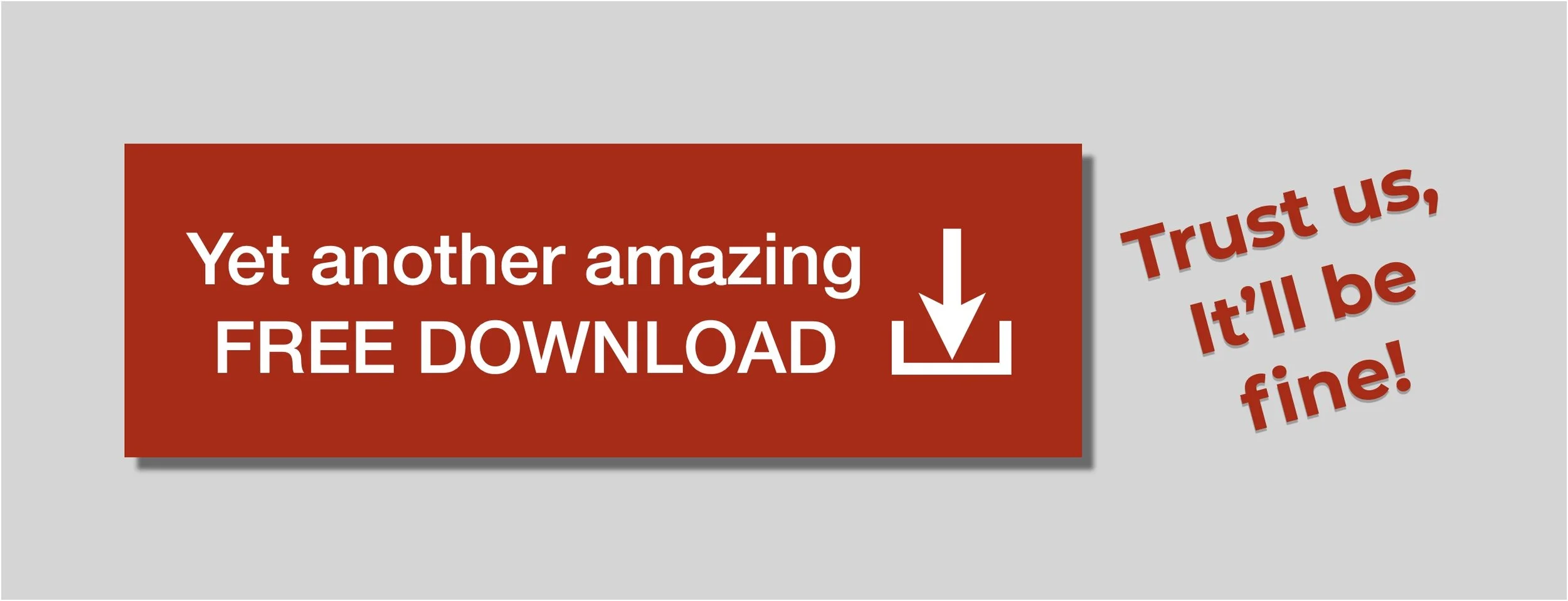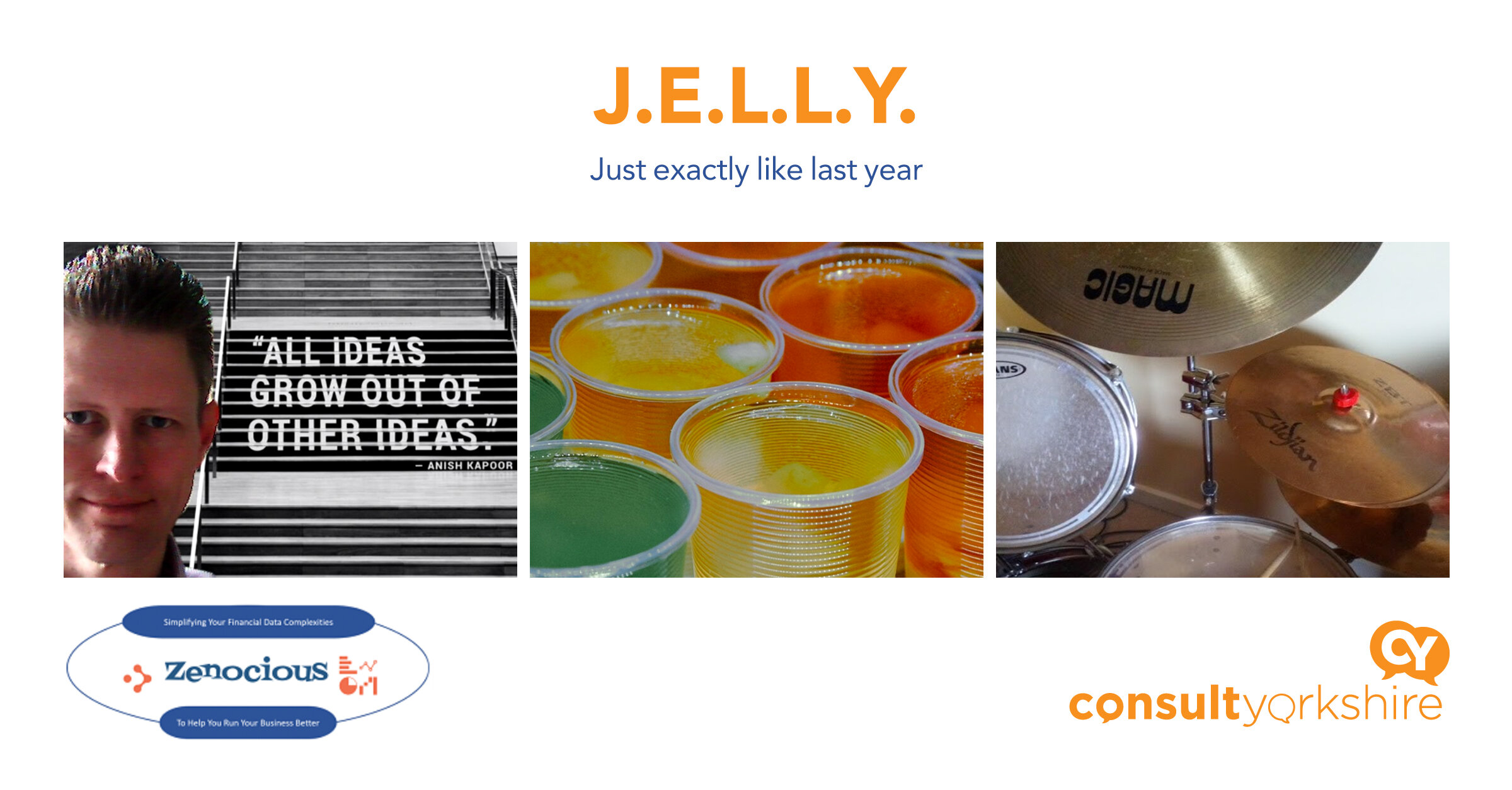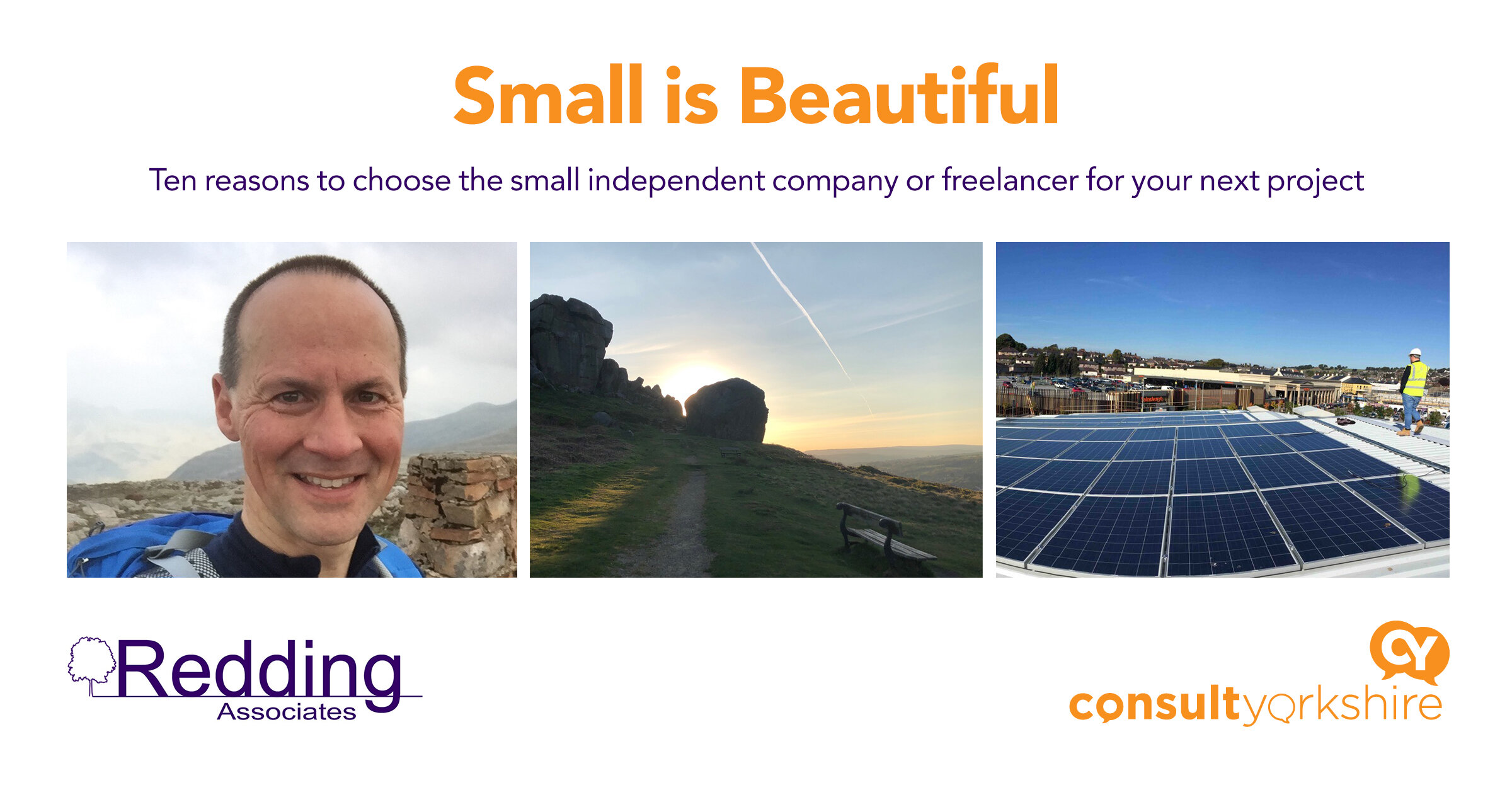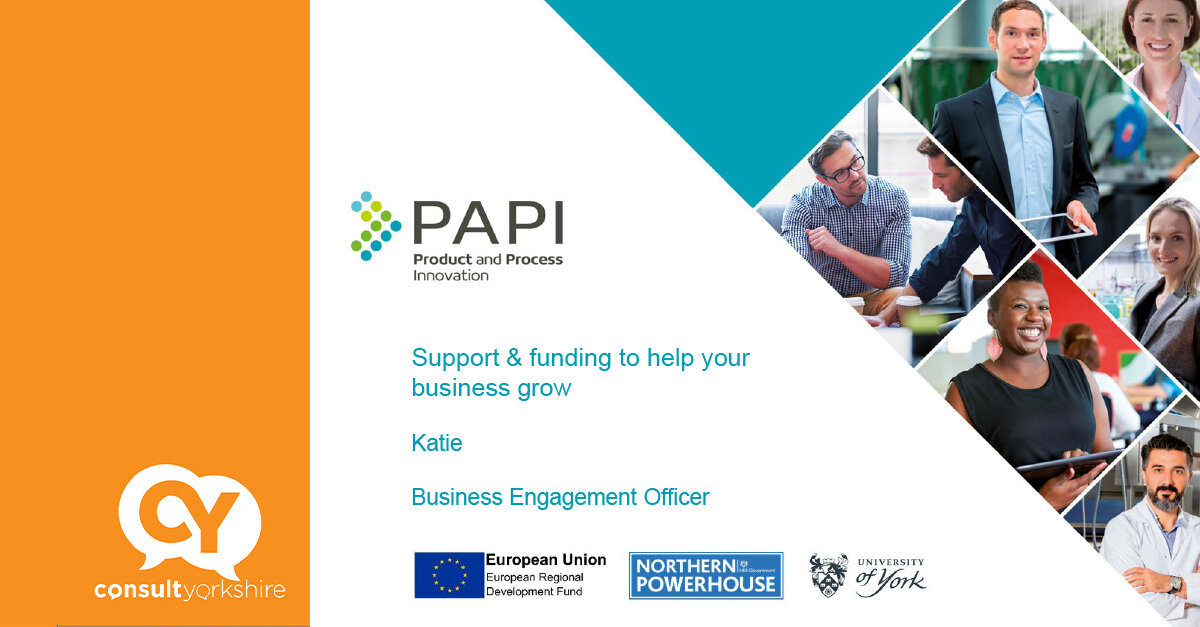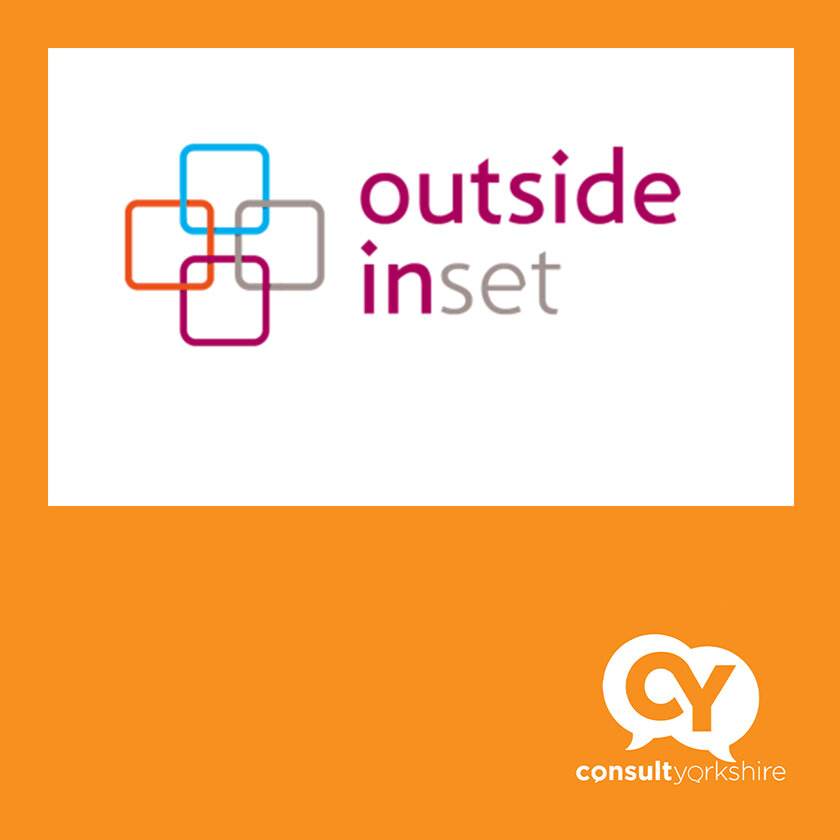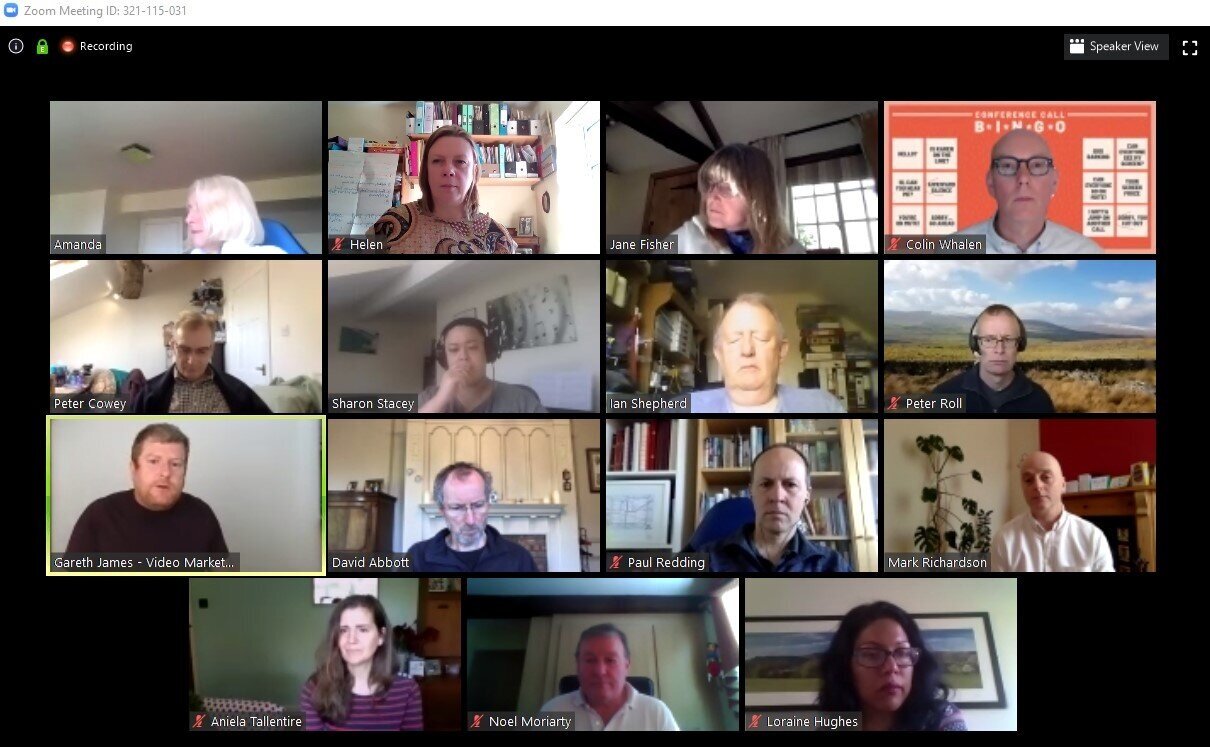Consumer Trends driven by the Covid Experience
What is the impact on Consumer Trends already forecast?
The Surge in Consumerism
Permanent Change
The New Eco-Conscious Consumer Landscape
The future of Homes & Gardens
Other Industry & Lifestyle Changes
POST-2020
Forecast Trends are Unchanged & Strengthened
1. Our consumer trend intelligence forecast until the end of 2022, has not been changed by the events of 2020. The design aesthetics remain as reported as does the consumer behaviours. The reasons why these trends will emerge as forecast, the consumer needs they address, and the underlying influences all hold good. There is already significant confirmation of trends forecast (in 2017/18) for 2020 & 2021 in all sectors.
2. Our consumer trend intelligence reported for 2022/23 have been adjusted for any influence arising from the events of 2020 and so again, everything forecast remains applicable; aesthetics, influences, desires and goals of consumers.
3. The first aesthetic & behavioural changes caused by the Global Pandemic will influence the consumer product & design trends of 2022.
POST 2020
Initial Uncertainty & Confusion
4. Commentary over the past year regarding a new normal has been intense and plentiful.Following the 2020 pandemic experience, people are confused about life afterwards, if thinking of it as 'normal' ... new or otherwise.
The 'lost year' that was 2020, will be followed by the 'year of treading-water' which is 2021.
5. In 2022 there will be a realisation that a total reset has occurred in consumer behaviour. The pre-pandemic model is not a relevant or stable basis on which to rebuild ... A life ... A business ... A community ... nothing.
6. The current multitude of predictions, statements and analysis makes for great click-bait headlines. Current Consumer behaviour is to do with; our freedom having been removed & gradually restored, widespread confusion about how we should, or should not, be behaving, concern about an impending economic downturn and conflicting opinion about its severity and duration.
POST 2020
Emerging Permanent Change
Identifiable changes that are most likely to be permanent:
7. The environment, sustainability & climate change movement has been fast-forwarded 5 years or more. The end of fast-fashion has most likely been brought forward in time. Leaders in the fashion industry have pressed the pause button until SS2022. GUCCI have announced a reduction to 2 seasonal catwalk shows each year and that these will be trans-seasonal designs. (Alessandron Michele - Creative Director at Gucci)
8. Online Purchasing has been fast forwarded by at least 5 year+, most likely there will not be much of a backward adjustment. However, the delivery network, retailers new to online selling & under resourced companies are generally providing a very poor customer experience. Inevitably, this will slow the current & potential growth of online-sales as some new-to-online-purchasing consumers are lost.
Omnichannel-purchasing takes on a new prominence for the consumer.
POST 2020
The Eco-Conscious Consumer
9. People will look towards a future that encourages us to adapt and be resilient, to live with less toxicity & waste. Open acknowledgement that our individual choices (as consumers, retailers, manufacturers, designers & citizens) can and do influence the global narrative of change as we face our realities & responsibilities associated with climate change.
10. Overall there is an approach to food that is and will be, guided by nature as we understand that this can improve the health of both the planet and oursleves. (A significant Netflix Documentary: A Life on our Planet)
11. The trend for grow your own produce will strengthen and broaden in appeal. The Pandemic heightened the trend for families & individuals (across all ages) to grow their own produce. This was initiated by the panic-buying resulting in empty supermarket shelves, chillers & freezer cabinets.
12. This grow your own trend will not disappear once the virus has. The benefits and rewards of doing this were felt too strongly during 2020.
POST 2020
The Home & Garden Prioritised
13. During Lockdowns Gardening has become a popular (and potentially permanent for many) element of home-schooling, as a way of teaching children (no matter their age) about the natural world, food sources, horticulture and cooking & baking.
14. Lockdowns everywhere increased the time we all spend at home, and have opened people’s eyes to the therapeutic values of cooking, baking, gardening and growing plants & vegetables. Simply sitting in their outdoor spaces has shown people the benefit gardens provide in terms of physical & mental wellbeing.
15. The 5th Room (garden) is central when considering not simply furniture, but all products including cooking and dining outside. Many more consumers now consider the garden as an outdoor room; and it now requires the same level of comfort & convenience as any other room.
16. Interest in, and enthusiasm for, outdoor kitchens will grow, especially as the UK climate changes toward longer, hotter summers. (All respected long-term weather forecasters now predict this). The desire to be able to live-outside just as much in the winter will also become stronger amongst all consumers, everywhere including the UK; just as cold- city populations do successfully in other countries (eg Melbourne).
POST 2020
The Home & Garden Prioritised
17. Green will remain for a long time to come a key & popular colour. This has been further reinforced by the events of this & last year. On a primitive level (according to psychologists) green reassures humans, because where there is green in the natural world, we can find water & food; it signifies life & hope.
18. Post 2020, many more consumers will have a more principled approach to their purchasing activities and decisions.
19. As life settles during 2021 some people will become stretched financially, overseas holidays will become a luxury that many (perhaps most) will not be able to afford as well as eating out, or even popping to the pub.
20. Outdoor lounging, al fresco dining, exotic escapism, adventure and calming connection to nature; previously all satisfied during holidays & weekend trips will have to be achieved in our homes, their outdoor rooms & gardens. This is both the challenge and the opportunity facing the entire supply chain to the world of interiors.
Post 2020 people may well be forced to live more modestly, but they are likely to want to live more fully in terms of experiences ... and many (if not most) of these experiences will be lived in their homes & gardens; or those of their friends & family.
To find out further information on this topic please contact Phil via the following details:
Phil Pond | Scarlet Opus: www.scarletopus.com


